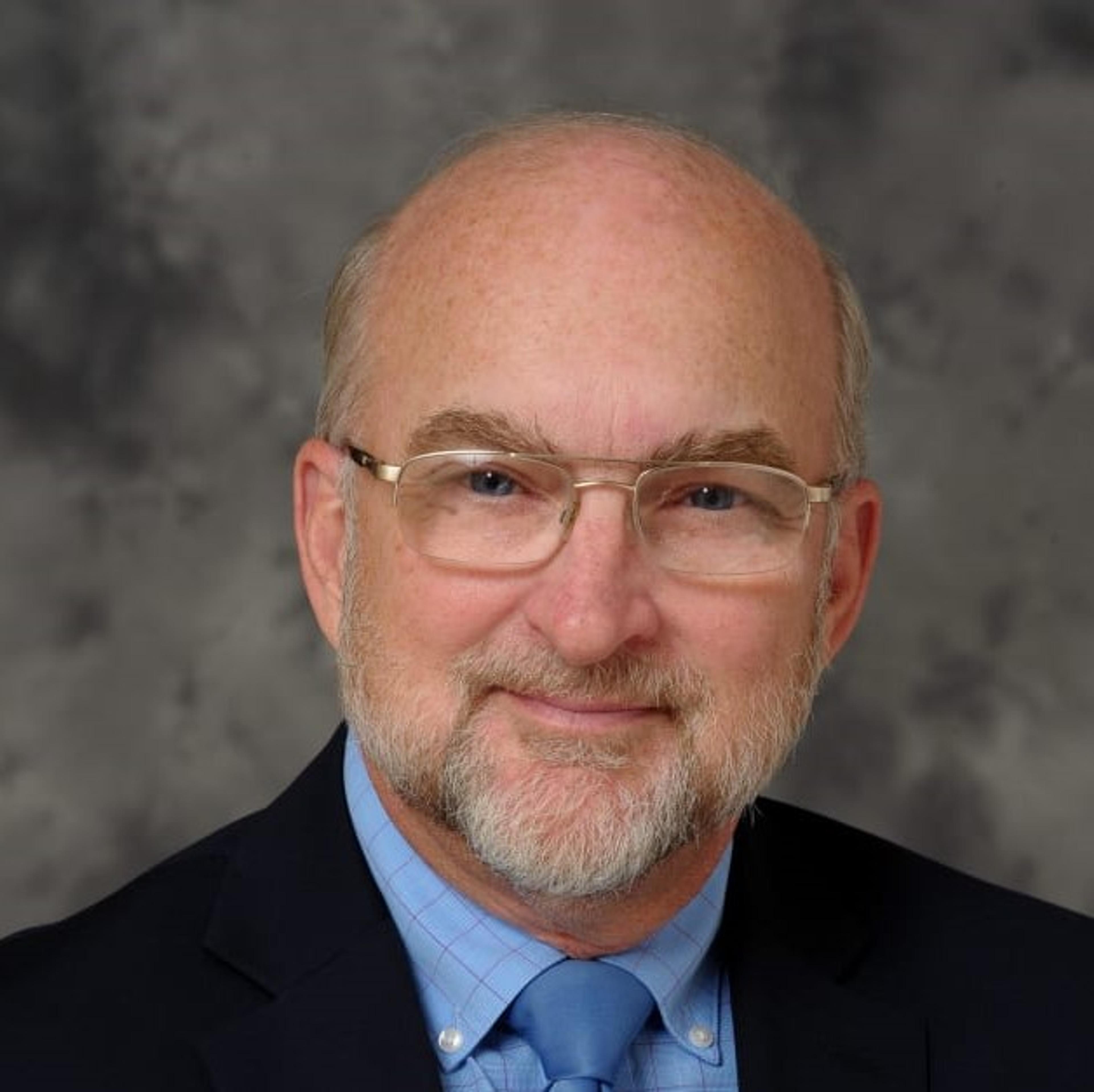How to Help a Loved One with a Substance Abuse Problem

Dr. William Beecroft, M.D.
| 3 min read
Dr. William Beecroft, MD, DLFAPA, is the Medical Dir...

Substance abuse and addiction don’t just impact the afflicted individuals – they also affect family, children, spouses and close friends. Amidst the worry and pain that comes from seeing a loved one struggle with an addiction, it’s natural to wonder how or if you can actually help them to overcome it. What steps should be taken first and which health care professional is the right one to consult. If you or someone you love is struggling with substance abuse, your health care provider should be the first point of contact. Blue Cross Blue Shield of Michigan works closely with patients to coordinate care between physicians, helping cover medications that assist with recovery and connecting patients to community organizations for further support. Here are a few ways Blue Cross and your primary care physician can help you or a loved one seek help for a substance abuse problem: Coordinating care with an experienced physician: The first step toward recovery is connecting with a primary care physician who will look at the history of the patient. For alcoholics, Michigan physicians use the MAST test to identify whether there is a substantial substance problem. They will then determine whether the best course of action is out-patient treatment, detox or a long-term rehabilitation facility. Your loved one might need to seek authorization from Blue Cross for assistance in treatment coverage. If you’re managing their case, you may need a durable medical power of attorney or guardianship that specifically outlines your ability to act in their best interest in order to make medical decisions on your loved one’s behalf. Connecting patients with community resources: Physicians may also recommend that those struggling with substance abuse seek support from community resources such as Alcoholics Anonymous and Narcotics Anonymous. Patients shouldn’t be afraid to visit a variety of groups to find the right fit. A guide to Alcoholics Anonymous groups can be found here. Family support groups for those who need assistance and advice for supporting their loved one are also available in Michigan. Assisting in medication coverage to support recovery: Members may have covered access to medications that can assist with recovery. The primary care physician will know if there are any appropriate drugs that can be used. That said, a physician must go through specific training and be licensed in order to prescribe those medications. If your physician isn’t licensed, ask for a referral to one who is. And as always, make sure to reach out to Blue Cross to find out which medications are covered under your plan. Learn more about the other ways Blue Cross can assist you or a loved one with integrated mental health and substance abuse care:





